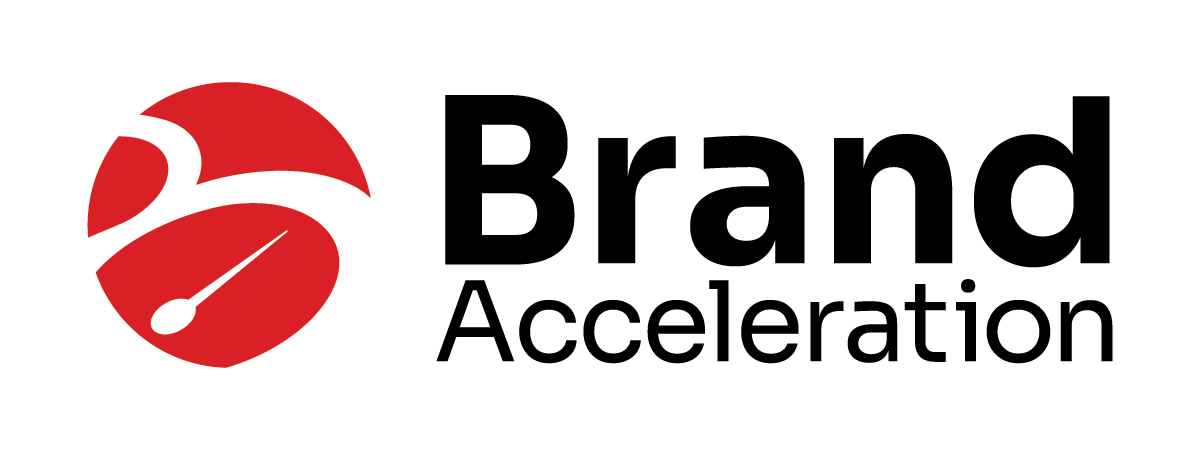
By Jim Walton, CEO, Brand Acceleration, Inc.
Recently, while attending the International Economic Development Council’s (IEDC) Annual Conference in Indianapolis, I was struck by the number of people who mentioned Colleen Walton’s blog article, “Put Your Freakin’ State Name on Everything.” People loved that article (and it’s edgy title). In it, Colleen points out the common error of failing to include the state name on marketing materials. One person told us, “That’s so obvious, but it’s something many of us forget.” Then he threw us a question – “What are the most common mistakes that economic developers make when marketing their community?”
Considering his question, these ten quickly come to mind:
- No mention of your state
Sometimes economic developers live in a silo, overlooking the obvious need to include the name of their state on marketing materials. Communities or counties with names like Columbus, Washington, Springfield, and the like are prone to confusion. Never miss an opportunity to tell audiences where you are.
- Too much focus on your quality of life story
While quality of life is gaining in importance, it’s likely still not your lead story when it comes to jobs attraction. If you don’t have the needed sites, buildings, workforce, training and education, utilities, and transportation infrastructure, you’re not going to get a project regardless of your quality of life.
One caveat is this: If you’re talking about workforce attraction, quality of life jumps to the top of the list.
- Contact information is missing or difficult to find
When we ask corporate executives or site consultants about their number one website pet peeve, it’s always this. If they can’t find your contact information, they can’t contact you. They also hate fill-in-the-blank forms and info@ email addresses. Just list your name, phone number(s), and email address.
- No contact information in your email signature block
When you send an email to anyone, be sure your email signature block includes your name, title, organization name, phone number(s), email address, and web address (linked). Don’t make people work to contact you. They won’t.
- “No Product, No Project”
This is a comment from our site consultant friend, Jay Garner. He calls it a “Jay-ism.” In today’s business climate, speed to market is the name of the game. If you don’t have business sites with infrastructure in place, you’re in a world of hurts. An available building with high ceilings is a big plus, too. Oh, cheap land without infrastructure or farmland that you don’t control is not “product.” Sorry.
- Making No Sales Calls
One of the most important responsibilities of an economic developer is sales. You might have a great workforce and excellent product and transportation assets, but if you’re not making calls and telling your community story, you’re at a serious disadvantage.
- Not clearly defining target industries
It’s crucial to define your target industries. Companies want to know what you’re good at. Equally important is to understand why those industries were selected and how your community fits those industries. Hint: Just because you have a food processor doesn’t mean you have capacity for another one. A labor market analysis or a study to identify appropriate target industries might be in order.
- No marketing effort
Just because you have a website in place, don’t assume anyone is going to see it. Websites are like cyber driftwood. Unless you market your community and tell your story, why would anyone visit it? The two most common ways that visitors find websites are through search engines or via referral. Direct marketing tools like email marketing, social media marketing, banner advertising, and other direct marketing tools are very effective ways to encourage people to take a look.
- Living in a local bubble
Every corporate executive and site consultant I know will say that economic development is a relationship business. Going to every local breakfast or lunch in your community may make you a household name in your area, but if you’re not attending industry conferences where you can learn and make contacts, you’re missing a very important part of the selling process.
- Not identifying and pursuing supply chain opportunities
It’s common knowledge that the majority of jobs and investment projects come from existing businesses. Great economic developers are close to those companies and their corporate offices, constantly seeking expansion opportunities. Those same people are great sources of supply chain leads, too. They can tell you about product and service providers they use that they would love to have closer – maybe in the same business park. I once found that three manufacturers in one community were receiving daily shipments from the same provider two hundred miles away. Knock knock!
So, as you can see, marketing mistakes are not limited to tactics like websites, advertisements, brochures, or other such tools. Marketing is an all-encompassing effort. If you put all the pieces in place and make a concerted effort to reach key audiences with a powerful story, your success rate is sure to climb.
